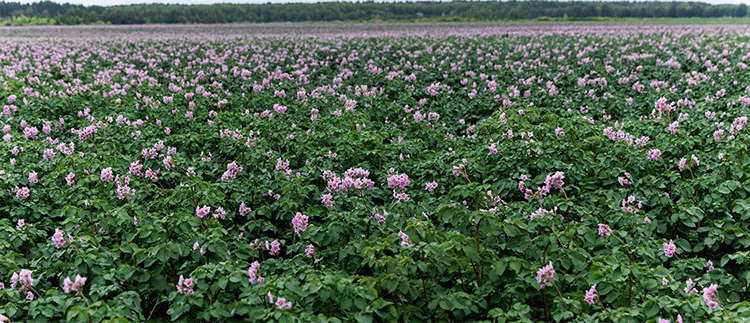A severe crisis is unfolding in Russian potato farming, threatening the viability of one of the country’s staple food sectors. Leading producers like Nikolay Yuzeff, who runs a major farm in the Rostov region, report selling potatoes at 11-12 rubles per kilogram against a production cost of 20 rubles. The primary catalyst for this price collapse is a record influx of imported potatoes, with 850,000 tons sourced from Egypt and China this year—a volume reportedly three times higher than usual. This has created a market imbalance where domestic harvests, including a reportedly good yield this season, are rendered unprofitable, forcing farmers to “close their eyes and sell” at a loss simply to stay afloat.
The import shock is compounded by a dramatic surge in production costs, creating a perfect storm for farmers. Yuzeff details that key inputs have seen exponential inflation:
- Transportation: The cost of shipping seeds has tripled, from 37,000 to 120,000 rubles per truck.
- Seeds: The price of seed potatoes has doubled, from 35,000-40,000 to approximately 70,000 rubles per ton.
- Fuel: The cost of diesel has risen by 30% in recent months, a critical increase during the harvest and sowing season.
- Machinery: The price of a combine harvester, whether imported (CLAAS) or domestic (ACROS), has skyrocketed, placing new equipment out of reach for most.
This financial stranglehold is leading to dire consequences. Yuzeff states that to cope, farmers are being forced to sell land, and agricultural holdings are slashing salaries and laying off workers. He warns that without a market correction, the entire domestic potato industry faces bankruptcy within a year.
The Global Context and Domestic Policy Challenges
While the situation in Russia has unique characteristics, the challenge of balancing domestic production with imports is global. According to a 2024 report by the Food and Agriculture Organization (FAO), many countries utilize “seasonal tariff policies” or strategic food reserves to protect domestic producers during harvest periods from being undercut by cheap imports. The current Russian scenario highlights a potential disconnect between trade policy and strategic food sovereignty.
Furthermore, the issue is not limited to the farm gate. A significant price disparity exists between what farmers receive and what consumers pay. While Yuzeff sells at 22 rubles/kg, retail prices in stores are 60-100 rubles/kg. Attempts to create stability through pre-contracts with retail chains have, according to Yuzeff, been met with offers below the cost of production (18 rubles/kg), demonstrating the immense pressure retailers place on their suppliers.
The warnings from the Rostov region are a stark alarm for the entire Russian agricultural sector. The combination of record-level imports and crippling domestic cost inflation is not a temporary market fluctuation but an existential threat to domestic potato production. The situation underscores the critical need for a coordinated policy response that balances trade with strategic support for food sovereignty. This includes reevaluating import volumes during the domestic harvest season, addressing the soaring cost of inputs like fuel and machinery, and fostering fairer relationships between producers and retailers. Without immediate and effective intervention, Russia risks losing a significant portion of its productive capacity, jeopardizing not just the livelihoods of thousands of farmers but the long-term stability and security of its food supply.































